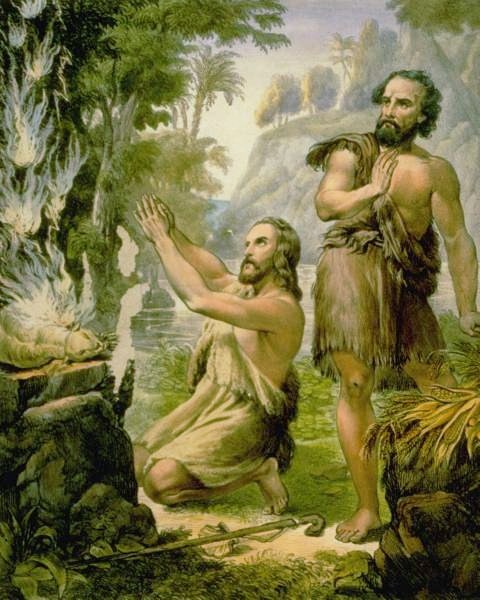Reading Questions
chapter 51.1
- What part of Adam is it that cries, "Oh, my poor darling!"? What does this lens into the man show us?
- What are the two comforts for Lee taken from the little stolen book?
- I have books that I've "stolen," much like Lee stole this book from Sam'l Hamilton. What is the advantage to the thief from the quality of the acquisition that is theft? How might the theft be justified, as my theft, like Lee's, is indeed known to the former owner?
chapter 51.2
- It is impossible, not to mention irrational, for an author to plug a movie, author, song, or other artist without a specific purpose--metaphoric, allusionary, or something along those lines. My favorite author for such plugs is Salinger, Cather in the Rye being the most significant, and maybe the best, example. Here, Cal is remembering leaving Kate's and his singing of the words, "There's a rose that grows in no man's land and 'tis wonderful to see--" Obviously there's a significance to it. Is it had by just this line, or do you require the entire lyric (complete words at end of post)?
- The benefit of burning the bills, like Lee's reading of Marcus Aurelius, is two-fold. What are the benefits?
- "Caleb whose suffering should have its own Homer." (Hmm. Doesn't it? What is the ultimate conflict and its incarnation in this epic?)
- Of the characters, Adam, Lee, Aron, Cal, Cathy, which is the most realistic--or, at least, the closest to a human average?
- "In the old lands they say of us that we go from barbarism to decadence without an intervening culture." Is there a practical difference between the two?
THE ROSE OF NO MAN'S LAND
(Jack Caddigan / James A. Brennan)
William Thomas - 1916
Henry Burr - 1918
Charles Hart - 1919
Hugh Donovan (a.k.a. Charles Harrison) - 1919
I've seen some beautiful flowers
Grow in life's garden fair
I've spent some wonderful hours
Lost in their fragrance rare
But I have found another
Wondrous beyond compare....
There's a rose that grows in no-man's land
And it's wonderful to see
Though its sprayed with tears, it will live for years
In my garden of memory
It's the one red rose the soldier knows
It's the work of the Master's hand
'Neath the War's great curse stands a Red Cross nurse
She's the rose of no-man's land
Out in the heavenly splendour
Down to the trail of woe
God in his mercy has sent her
Fearing the World below
We call her Rose of Heaven
We've longed to love her so....
There's a rose that grows in no-man's land
And it's wonderful to see
Though its sprayed with tears, it will live for years
In my garden of memory
It's the one red rose the soldier knows
It's the work of the Master's hand
'Neath the War's great curse stands a Red Cross nurse
She's the rose of no-man's land






